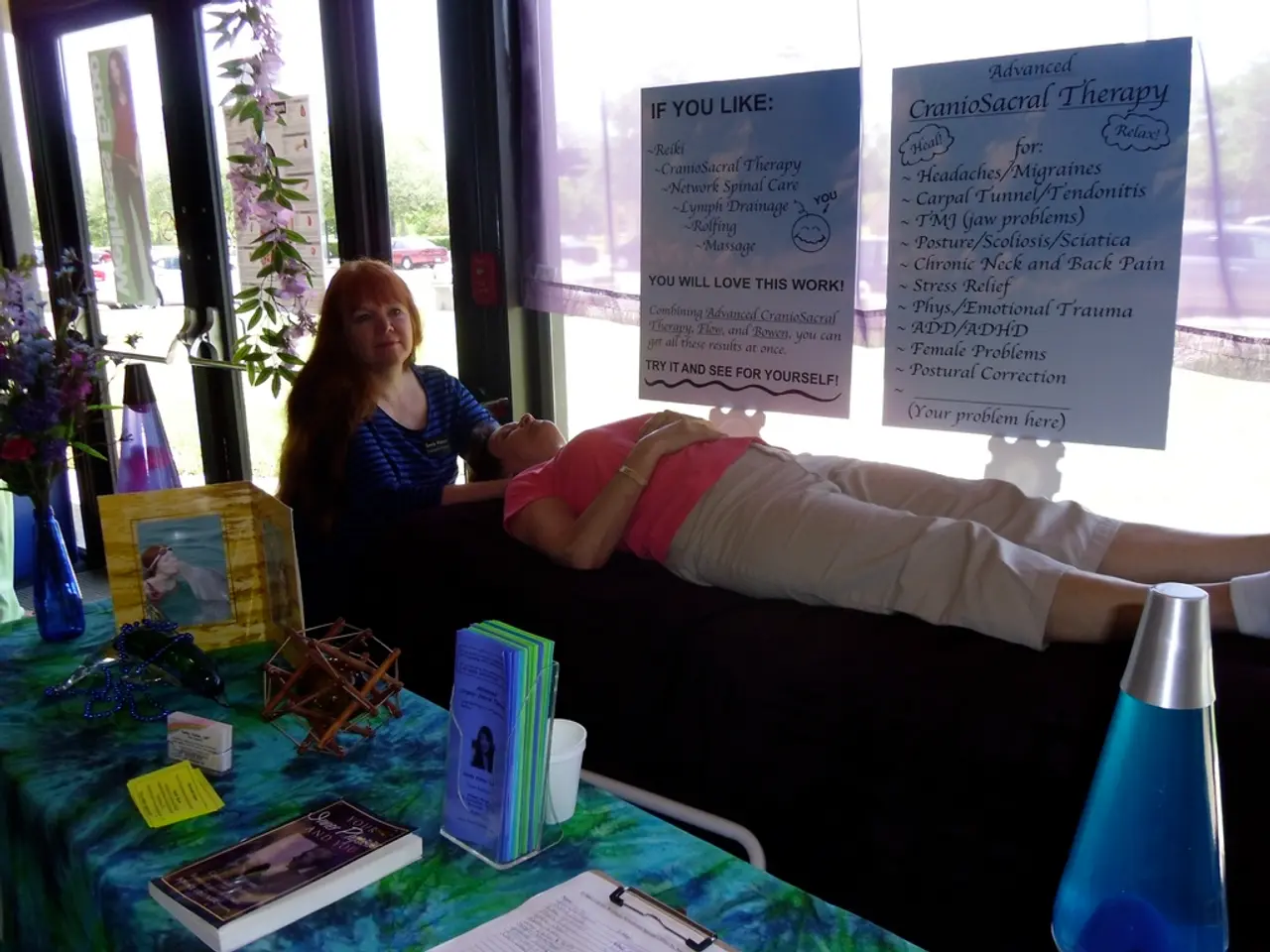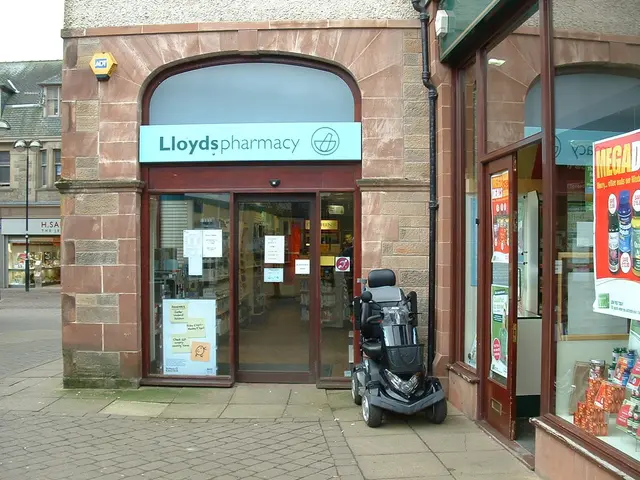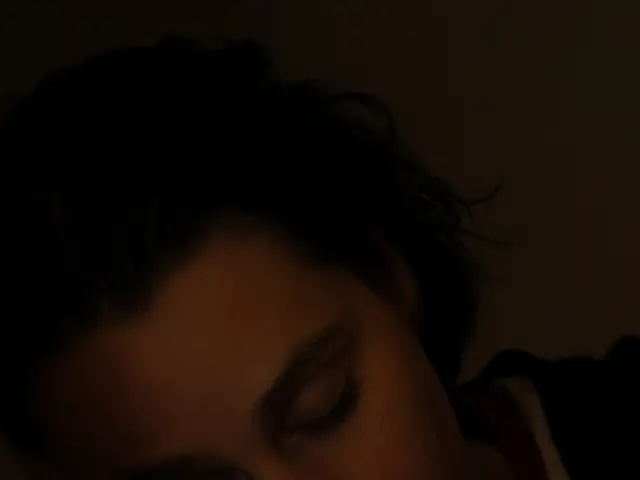Unconventional Depression:characteristics, signs, and therapy approaches
Depression is a complex illness that can manifest in many different ways, and one of its subtypes is atypical depression. This form of depression is distinct from melancholic depression and requires a different approach to diagnosis and treatment.
What is Atypical Depression?
Atypical depression is a subtype of Major Depressive Disorder (MDD) that is characterized by mood reactivity, which means a person feels better in response to positive events, and at least two of the following features:
- Significant weight gain or increased appetite
- Hypersomnia (excessive sleep)
- Leaden paralysis (heavy, leaden feelings in arms or legs)
- A long-standing pattern of interpersonal rejection sensitivity that causes social or occupational impairment
These symptoms distinguish atypical depression from melancholic depression, which typically involves a loss of mood reactivity, profound anhedonia (loss of pleasure), early morning awakening, psychomotor agitation or retardation, significant weight loss or decreased appetite, excessive or inappropriate guilt, and a distinct quality of depressed mood.
Diagnosis and Treatment
The diagnosis of depression is based on symptoms, and no single test can determine it. However, a doctor may recommend bloodwork or other tests if another condition is suspected. The diagnostic criteria for atypical depression include the specific symptoms mentioned above, as outlined in DSM and ICD diagnostic manuals.
The mainstay of treatment for depression is a combination of psychotherapy and antidepressants. Psychotherapy can help a person process emotions, feel less isolated, and develop strategies for dealing with depressing thoughts. Antidepressants may also help, with a range of options available, but most research suggests that monoamine oxidase inhibitors (MAOIs) may be more effective for atypical depression.
However, MAOIs can cause side effects such as dizziness, nausea, and headaches, and can interact harmfully with many other drugs. A person should ask a doctor about foods to avoid when taking MAOIs.
Living with Atypical Depression
Living with atypical depression can be challenging, but strategies can help. Being mindful of depression triggers, developing a relationship with a trusted therapist, tending to physical as well as mental health, and asking for help and support from loved ones are all important.
It's also essential to remember that depression is a medical diagnosis that causes changes in the brain, and it is not something a person can think their way out of. People who think they may have depression should ask for help and consider seeking care until they find treatment that works.
Risks and Complications
Atypical depression tends to be more chronic and may correlate with a higher risk of developing cardiovascular disease. It may also make a person very sensitive to rejection, causing additional distress.
However, the right treatment can help counteract these changes, reducing symptoms and improving overall quality of life. Atypical depression can make people deeply sad, but symptoms may improve in response to positive life events or hope for the future.
In conclusion, understanding atypical depression is crucial for correct diagnosis and effective treatment. If you or someone you know is struggling with depression, seek help from a healthcare professional.
- Atypical depression is a subtype of Major Depressive Disorder (MDD) that is characterized by mood reactivity and specific symptoms like significant weight gain or increased appetite, hypersomnia, leaden paralysis, and interpersonal rejection sensitivity.
- The diagnosis of atypical depression is based on symptoms, and while no single test can determine it, a doctor may recommend additional tests if another condition is suspected.
- The mainstay of treatment for atypical depression is a combination of psychotherapy and antidepressants, with monoamine oxidase inhibitors (MAOIs) potentially being more effective.
- Living with atypical depression can be challenging, but strategies such as being mindful of depression triggers, developing a relationship with a therapist, tending to physical and mental health, and asking for help can help improve overall quality of life.




